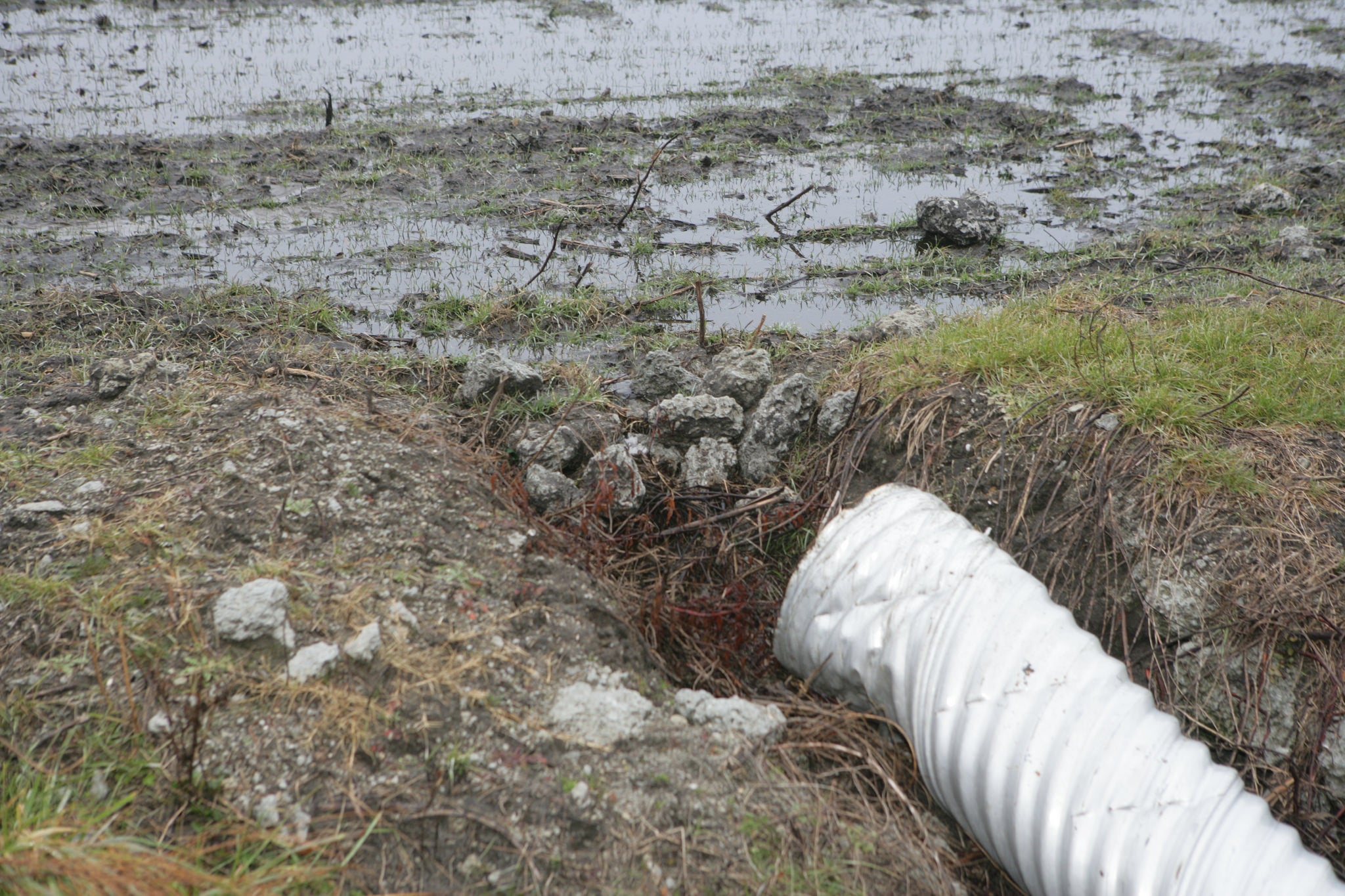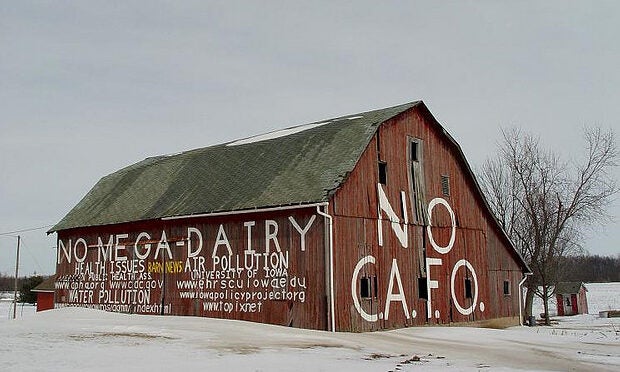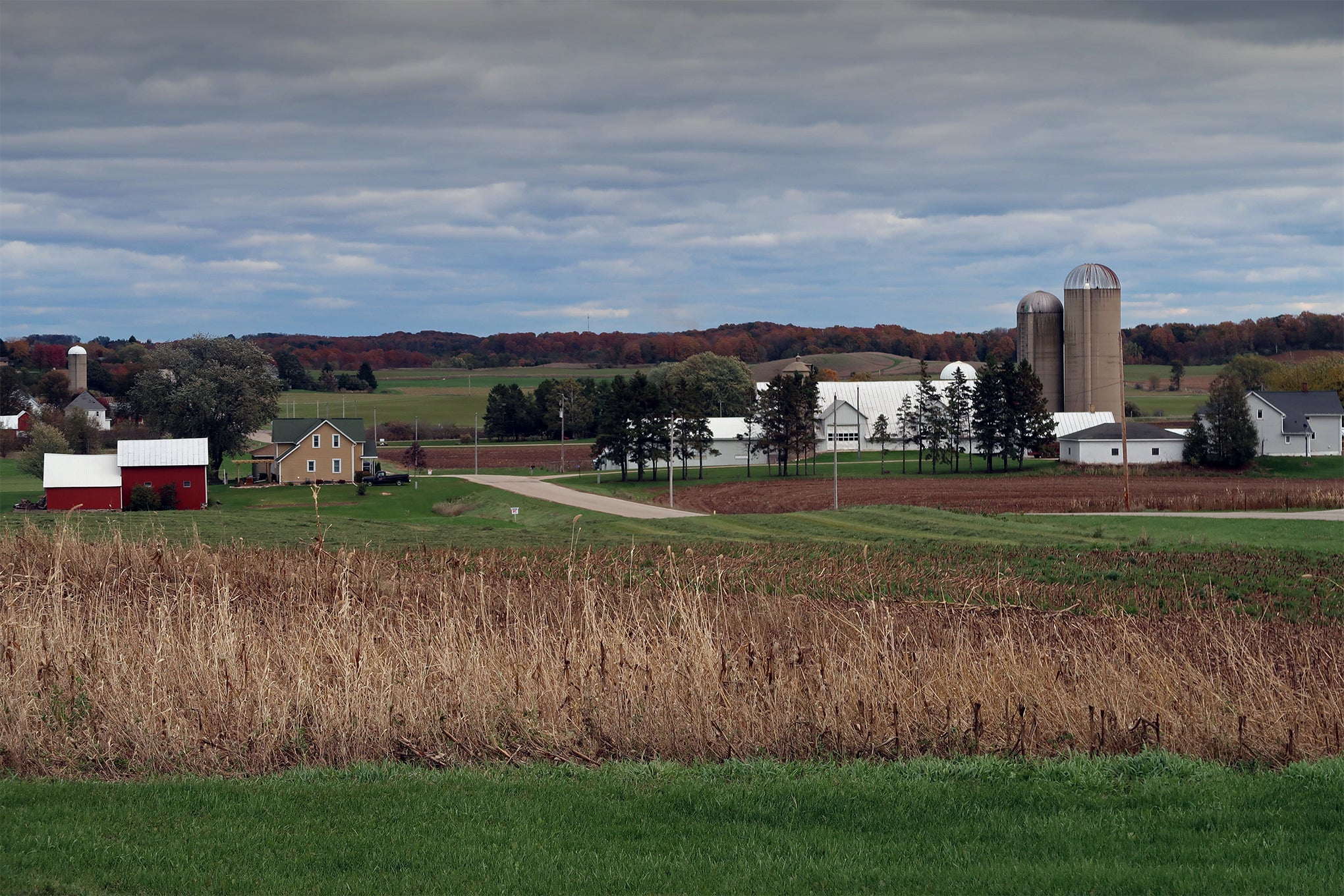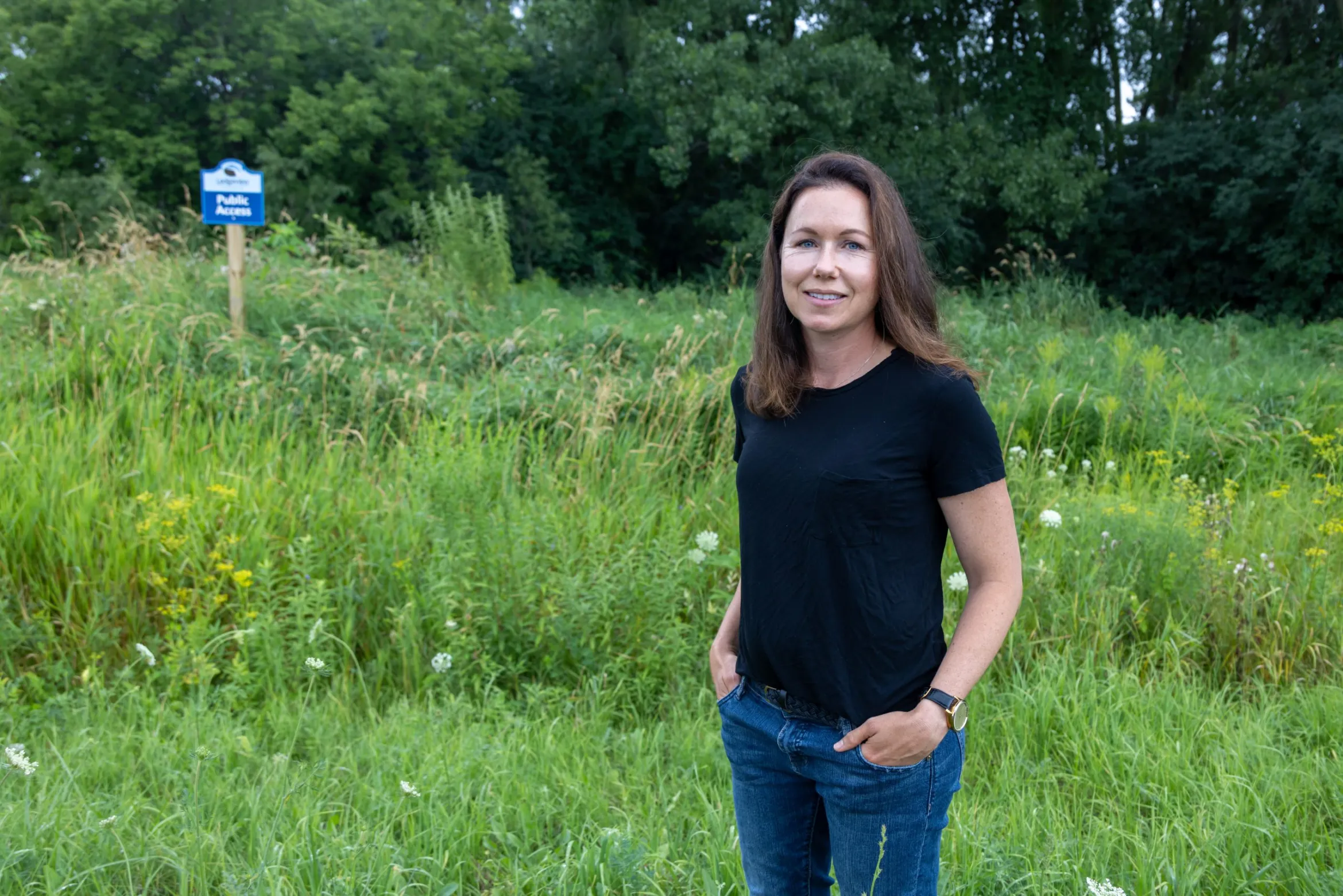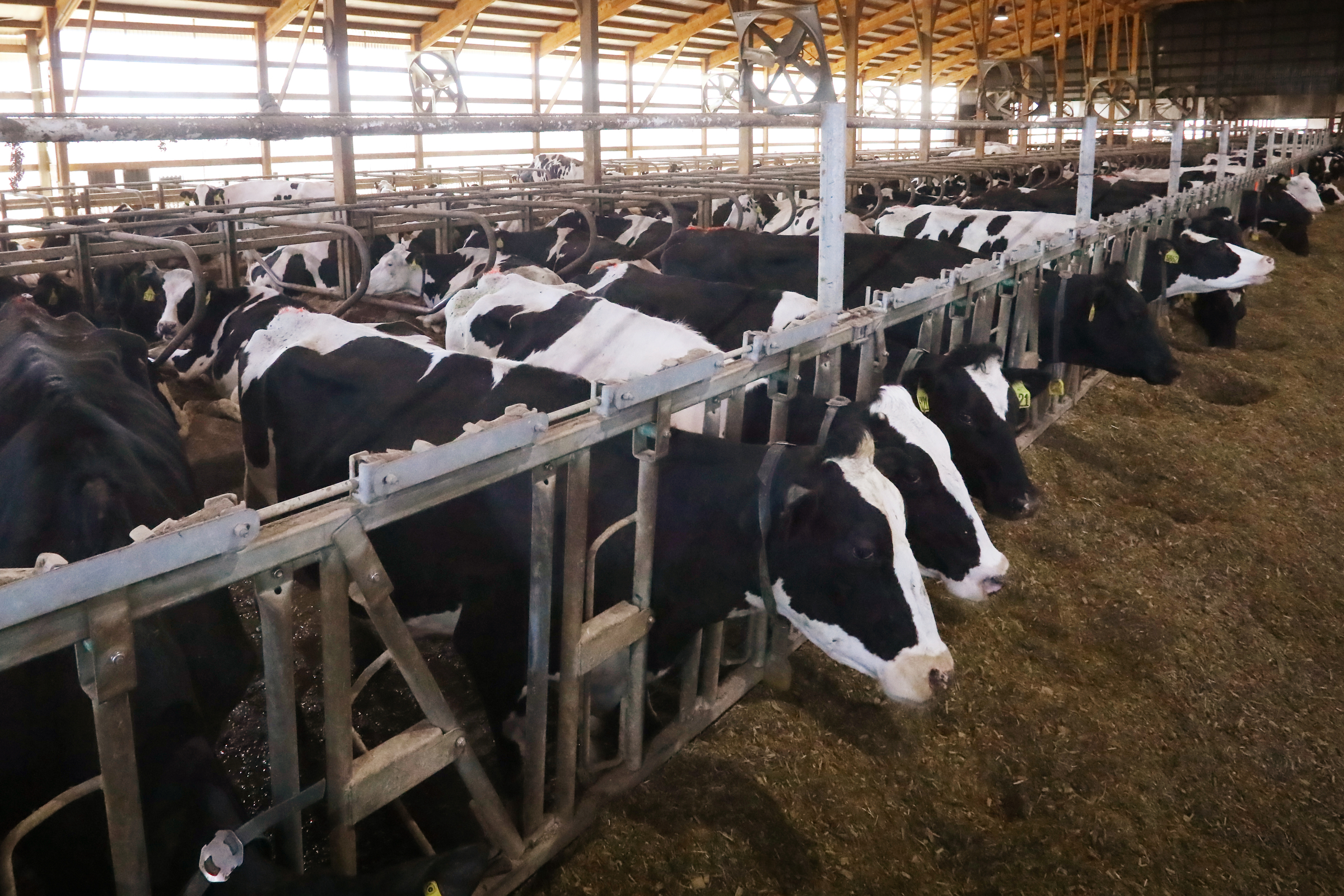The state Department of Natural Resources has rejected an ordinance developed by Bayfield County in northern Wisconsin that sought to put more restrictions on large scale farms built near a watershed.
Under Wisconsin state statutes, a local government can create a livestock ordinance that is more restrictive than state standards for nonpoint source pollution, but only if it’s needed to meet water quality standards. The DNR or Department of Agriculture, Trade and Consumer Protection must then sign off on the changes.
Bayfield County enacted the now-blocked ordinance earlier this year that went beyond state standards for regulating large farms near its South Fish Creek watershed. Iowa-based Reicks View Farms has plans to build a farm upstream for about 26,000 hogs.
Stay informed on the latest news
Sign up for WPR’s email newsletter.
Jason Fischbach, University of Wisconsin-Extension agriculture agent for Ashland and Bayfield counties, said the county will appeal the DNR’s decision.
“Ultimately, what the county is after and what the county board has instructed their staff to do is to make sure South Fish Creek is — the water quality is protected,” he said. “They’re pretty adamant about making sure that they put in place appropriate regulations to protect water quality.”
Nancy Larson, acting deputy director of the Wisconsin DNR’s Watershed Program, said the ordinance didn’t address existing water quality issues.
“It does not address the operation of current farms,” Larson said. “We know that phosphorus is high in the Fish Creek watershed so basically the ordinance is not addressing the water quality standards issue at this time.”
The county and DNR met recently to discuss whether the county could make changes to its ordinance or develop a new one, Larson said. In the past, other counties have sought to go beyond state standards. Calumet County conservationist Tony Reali said they tried something similar to Bayfield County years ago.
“The local standards, they’re only voluntary. There’s no regulatory teeth behind them, but they were developed due to the groundwater quality concerns in the county due to Karst topography — the fractured bedrock,” said Reali.
While ordinances developed by the two counties were declined, the DNR did grant Manitowoc County authority to go beyond state standards to protect water quality.
Wisconsin Public Radio, © Copyright 2025, Board of Regents of the University of Wisconsin System and Wisconsin Educational Communications Board.
